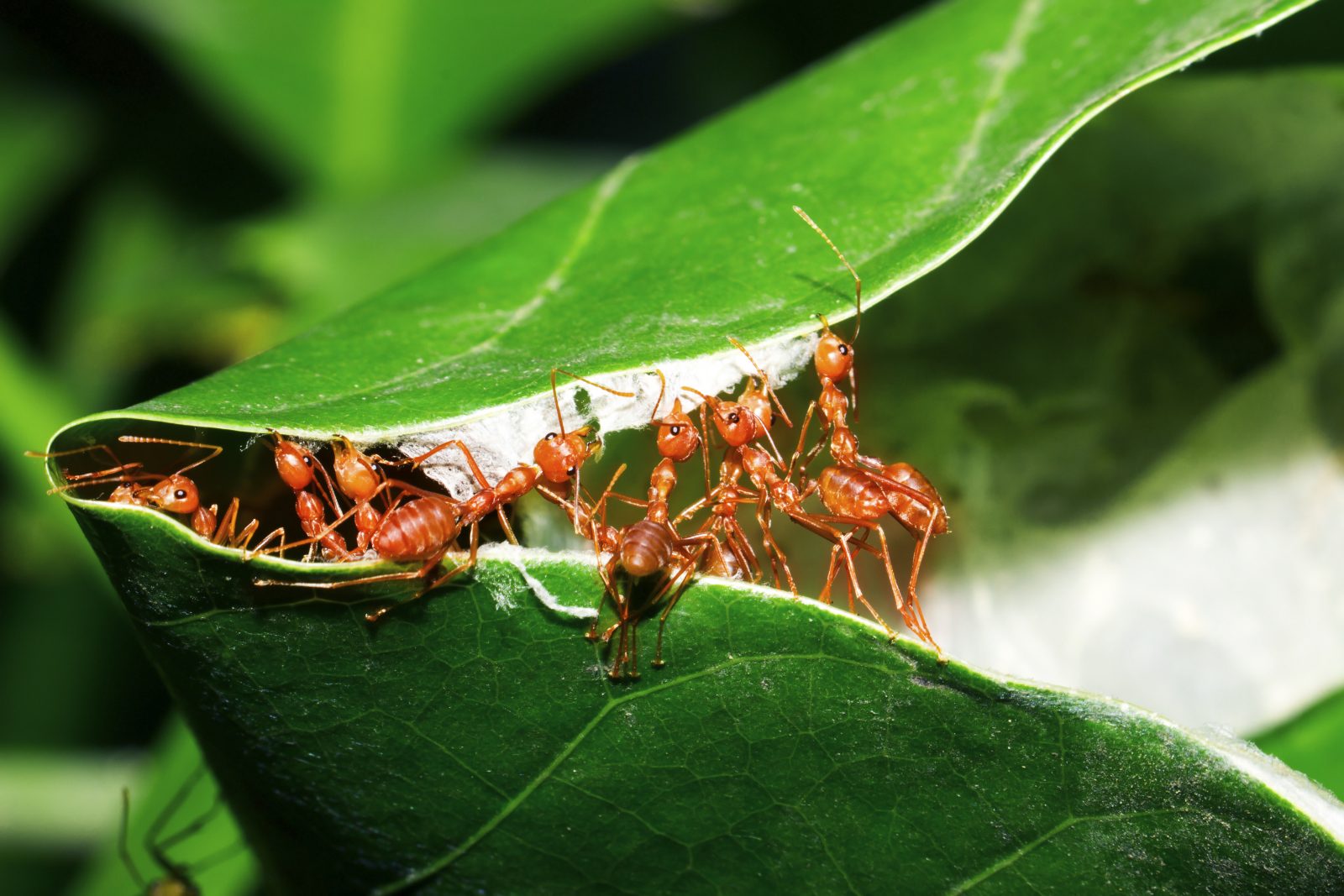
AI Expert: Pilots in TOP GUN–MAVERICK are Obsolete; You are Not
Today’s ID the Future features a recent Michael Medved Show with artificial intelligent expert Robert J. Marks, author of the new book Non-Computable You: What You Do That Artificial Intelligence Never Will. The occasion for the conversation is an article by Marks about the Tom Cruise movie Top Gun: Maverick. In the article, Marks argues that, strictly in terms of optimal military tactics, the job of the human fighter pilots in the movie would have been better filled by drones. But as sanguine as Marks is about the possibilities for AI in military and other applications, he is among the loudest voices insisting that the AI community tends to overhype AI capabilities. In his conversation with Michael Medved, and in greater depth in his new book, Marks argues that AI will never replace certain roles and capacities possessed only by human soldiers. And AI, he says, will never be conscious or truly creative. While AI’s best days are still ahead, says Marks, AI will always be limited to what can be performed by an algorithm, in contrast to non-computable you, who face no such limitation.
